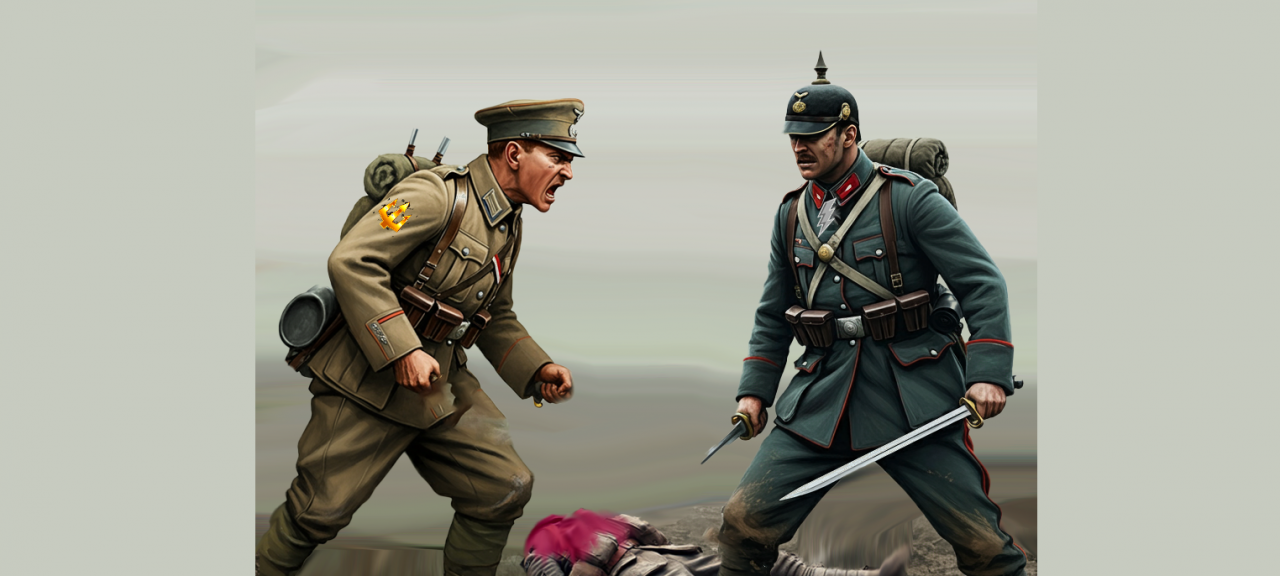In both the original Iliad and our screenplay Ilium Ridge, Achilles and Hector are central figures, but their characteristics and motivations are tailored to fit the modern age.
In the Iliad, Achilles is portrayed as a near-invincible warrior, half-human and half-divine, driven by personal honor and a sense of glory. Achilles is quick to anger and deeply prideful, especially when he feels disrespected, as shown by his conflict with Agamemnon over the slave Briseis.His motivations are initially personal—he refuses to fight after being dishonored but returns to battle when his close friend Patroclus is killed by Hector. His rage and thirst for revenge becomes the driving force behind his actions. He represents the heroic code in Greek culture, where personal honor, glory, and fame are pursued even at the cost of life.
In Ilium Ridge, he is a skilled, intense soldier with a reputation for both bravery and recklessness. His motivations are still driven by honor and pride, but also by love of Briseis, who is portrayed as more of a modern woman who can have some impact in a male-dominated world. The script also adds a layer of conflict related to the realities of modern warfare and the emotional toll it takes. He can be seen as a symbol of youthful defiance against a world ravaged by global conflict. The tension between heroism and the horrors of war reflects modern perspectives on war’s futility and trauma.
Hector in the Iliad is portrayed as a noble warrior and prince of Troy. Unlike Achilles, Hector is not driven by a thirst for glory but by a sense of duty to his family and his people. He is aware of the cost of war but continues to fight because it is expected of him as Troy’s greatest defender. His interactions with his wife Andromache underscore the personal cost of war on families and loved ones.
Our Hector remains a heroic figure, but he is portrayed more as a man of action, more comfortable in conflict than in peace. He is not a family man; he only loves fighting and, like the Gods, hates modern innovations which remove the personal aspects of warfare.
Both characters maintain their essential traits—Achilles as the defiant, passionate warrior and Hector as the honorable defender—but are reframed within the context of World War I, set against the backdrop of modern, mechanized warfare, where individual heroism conflicts with the harsh realities of war’s destructiveness.

Leave a Reply